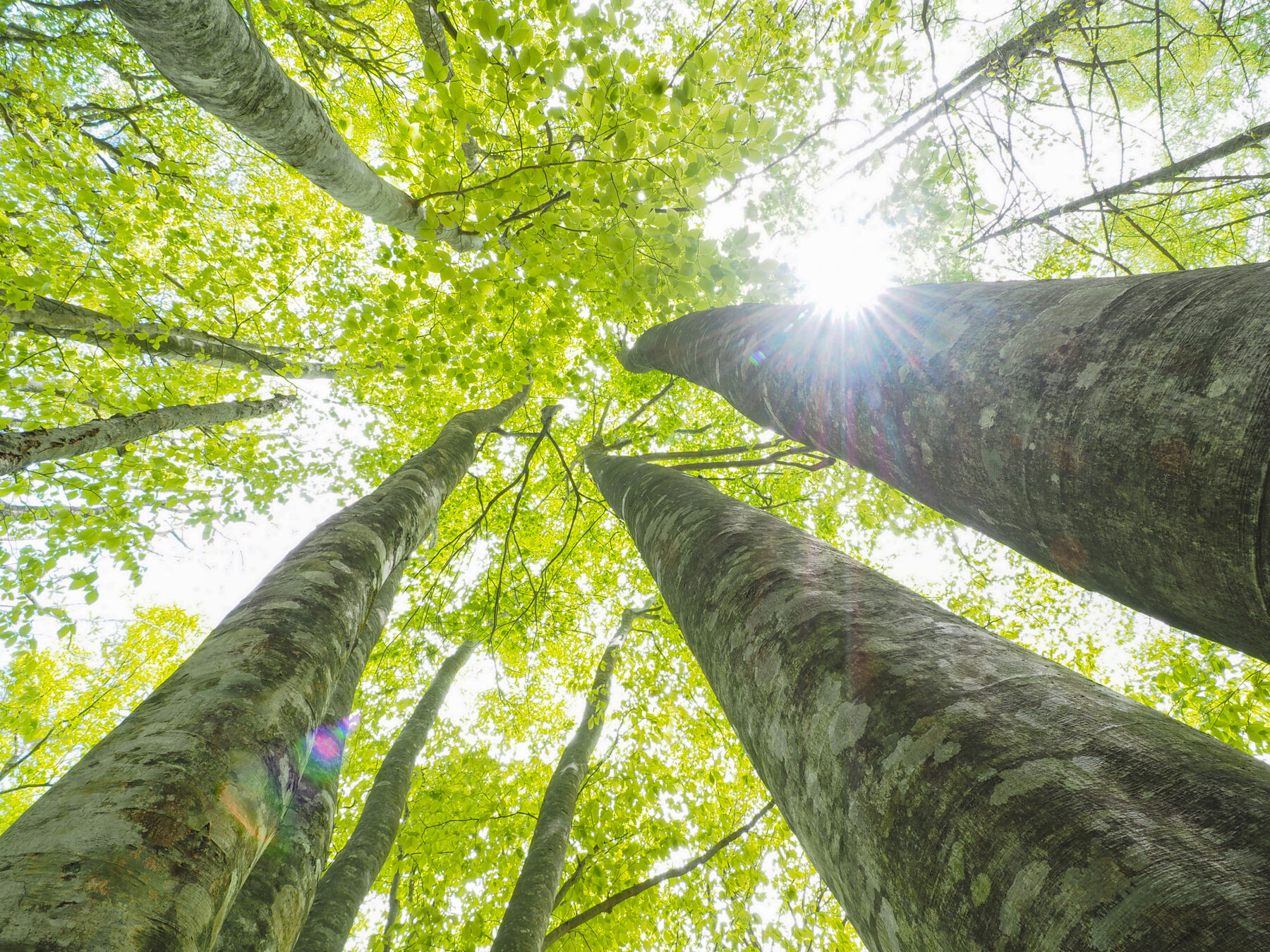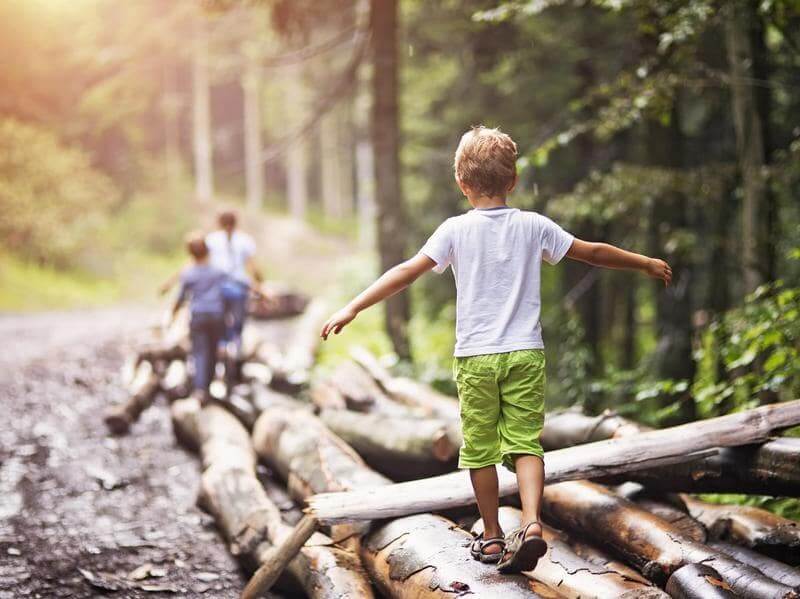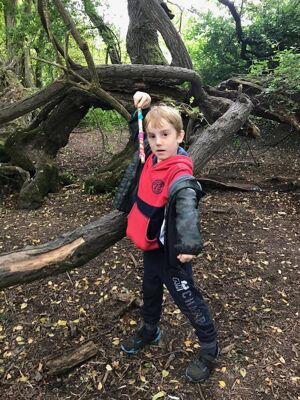Why being in nature helps our mental health
We spend our days outdoors with children, playing, running, laughing, working together. To us, the benefits of being outdoors are obvious; we see and feel them in every session. All of our sessions are held in green spaces, a mix of playgrounds, parks and fields. The colder months involve shorter days and often the time spent indoors added in with the darkness can cause our mental health to dip. Of course, this can occur at any time of year but the motivation to get up, wrap up and head outside when we are feeling tired and a little flat can be hard to find.
One foot in front of the other…..
We’ve all had those moments where we’ve had to go out, for whatever reason and in doing so we feel better. The energy shifts, being outdoors can take us out of our minds and into our bodies. It can be as simple as putting one foot in front of the other, the movement, combined with the vitamin D from sunlight and the shift from artificial indoor lights to natural daylight can help to elevate our mood. Touching the elements around us, engaging the senses; smelling the floral plants, feeling mud squish beneath boots, seeing life growing around us, tasting the smells or moisuture in the air and hearing the wind whistle through the trees. It reminds us of the ever-changing environment, the lifecycle of the seasons around us and makes us feel more grounded.
What is forest bathing?
The terms forest bathing is referenced more frequently in recent years. In Japan, forest bathing is called shinrin-yoku. Now, one of the main features of Japanese healthcare, forest bathing is more than just lying down under some trees looking up, it is about connecting with nature on a deeper level and looking more closely at the natural environment around us. Studies show a decrease in cortisol levels (often raised due to stress) simply by walking amongst the green and being present with the nature around us. A reduction in cortisol levels can help the body to become more balanced and health problems can reduce when things get back to normal. It makes sense, yet we often don’t look at the reasons a walk in the woods makes us feel so good. None of this is new, we are simply reconnecting back to our roots. In the mid 1800’s physicians in Germany and New York set up sanitoriums in the pine forests, they noticed the benefits in mental health not only in patients from being in nature but also physical health, results magnified when moisture was trapped in the forest air.

Woodland For Health
Woodland for health was launched in 2012 in Ireland by the Irish Forestry Board, for individuals struggling with their mental health, its focus was to research whether being in nature could improve the quality of their daily lives. See the full study here. For 13 weeks, participants travelled by bus from their homes to the forest for a two-hour immersive experience, including a 1.5 hour walk and 30 minutes for refreshments and socialising. These participants were under hospital treatment for their mental health challenges, including bi-polar disorder, depression and anxiety. Not all participants attended every week but those who did go, enjoyed the sessions they attended, describing them as calming, beautiful, fun, social. They loved the fact that they were in a group, sharing their experiences and many of them had been reluctant to join the course.
Attention Resoration Theory
Kaplan's theory of spending time looking at nature whether sitting in the park, staring out across the sea, watching a sunset or looking at a green space out of a window can reduce mental fatigue within a couple of minutes. By looking a natural scenary we are using indirect attention and therefore we are still fasctinated by what is going on around us but we are not concentrating as hard to take it in. Unlike watching the TV or reading a book to relax, which most of us often do, we are using direct attention by concentrating on the words or the scenes unfolding and therefore not fully allowing our minds to relax. Being in natural and pleasant surroundings helps our minds to reflect and restore themselves without having to work. It's naturally calming and our concentration levels improve because of it. Just working in some nature time to your day can make all the difference to your attention and focus in adults and children alike.

Children in nature
Our after-school clubs can shift children’s moods to the positive very quickly after a day indoors. Even those who love the clubs can feel understandably, grumpy and tired after sitting down in often stuffy classrooms for much of the day. Granted, not all the playgrounds have green grass and trees, but most have small areas with greenery in, plus we seek out nature, the bugs under the stones, the birds flying overhead, leaves have flown in from other trees giving us something to investigate. All of our sessions begin with movement, getting the kids to run around and play together. This almost instantly shifts their energy levels, we then focus on various games and activities and many involve using our hands to get involved with the natural elements such as clay, mud, soil, leaves, and sticks. We see their awe and wonder at the nature surrounding them, also we spot how it can lift them out of their heads and bring them into the present.
Mindfulness at its most simple.



